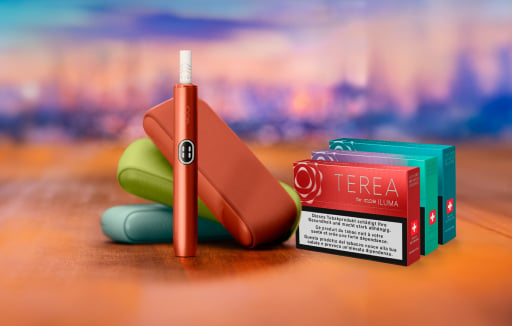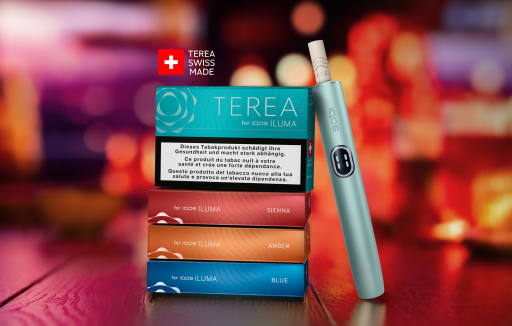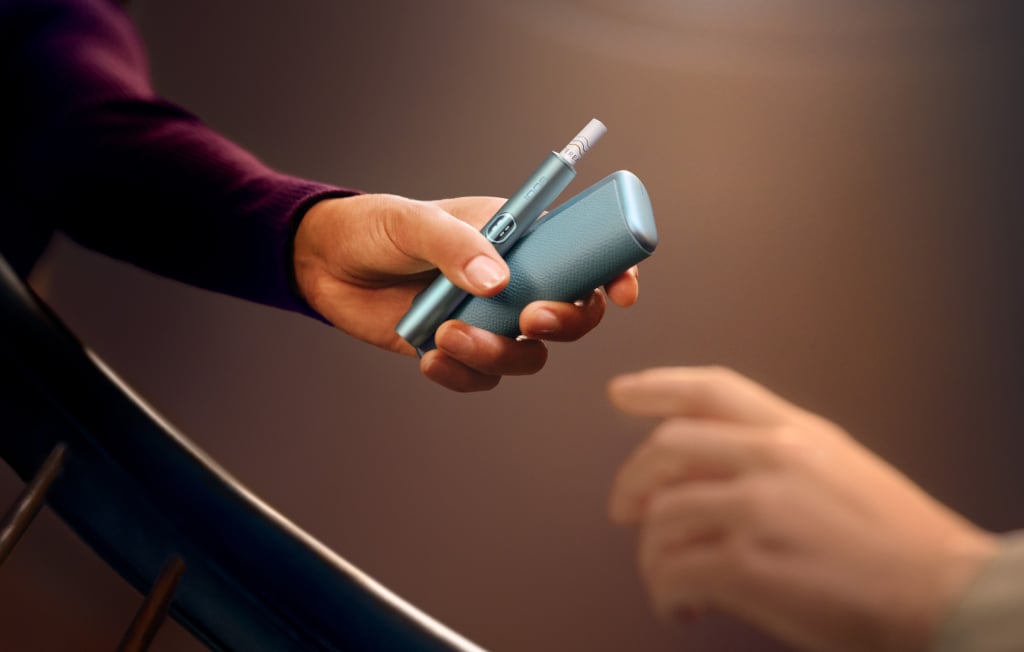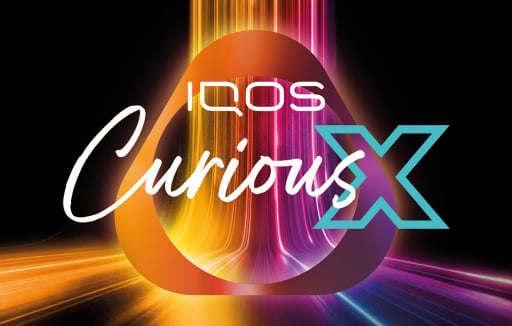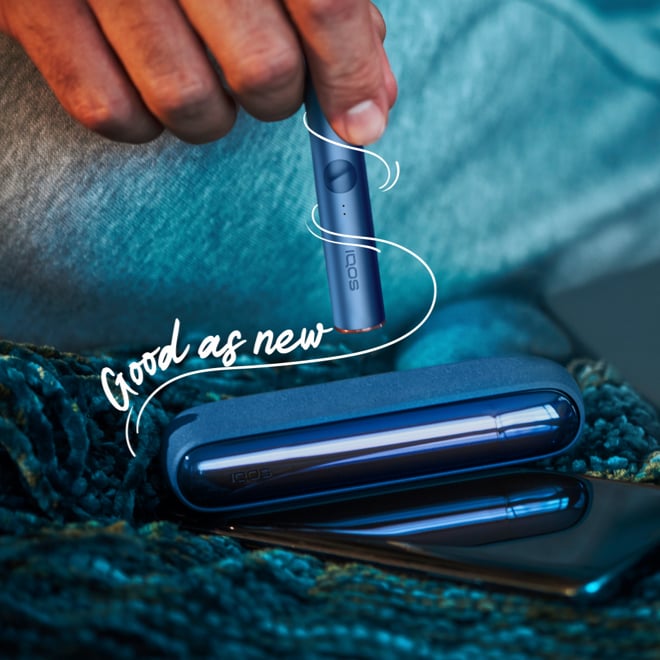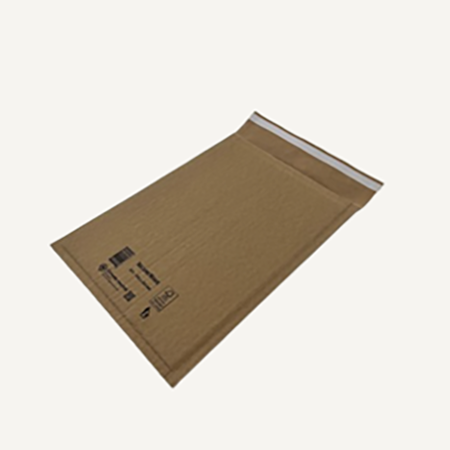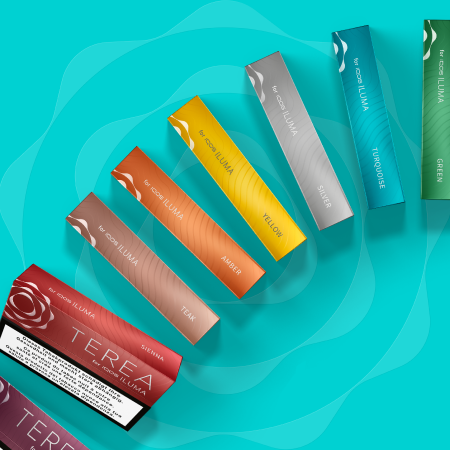Our circularity efforts
Together, we are working to reduce the waste generated by our products, to make them last longer, while aiming to recycle and turn the waste we collect into something new. Learn more about our efforts towards circularity and discover how you can play a role through our Take Back program.
Small steps lead to bigger change.
We’re just getting started, let's do it together.


Discover more about our circularity efforts
Our efforts
Designed for less environmental impact.
Reducing our environmental impact begins at the design phase. This is why our work is guided by our Sustainable Design Framework which includes five key design principles: sustainable materials, minimizing carbon footprint from energy use and transport, product lifetime optimisation, circularity, and responsible production and end-of-life disposal.
At IQOS, we have always been at the forefront of innovation, and today we are taking the steps to achieve eco-certification for all PMI smoke-free electronic devices introduced on the market as of the end of 2025. There is a lot to do because our devices are part of a new product category, which current eco-design certification standards do not yet cover. This is why we are developing and implementing new category standards necessary to achieve our certification goal.
This means that new generations of our devices will be designed to last longer and be more recyclable, so we can reduce their impact on the environment. We are also investigating ways to reduce our post-consumer waste by design and are exploring low-carbon, recyclable, and biodegradable alternatives to the materials currently used in our tobacco sticks.
Less packaging. Less waste.
We are working to reduce unnecessary packaging from our devices and tobacco sticks without compromising protection and convenience. Overall, between 2018 and 2021, we reduced our total packaging materials weight by 8% and are on track to meet our 15% reduction target by 2025. By reducing the overall volume of materials used and materials from non-renewable sources (particularly metals and non-recyclable plastics), we are improving the recyclability of all our packaging. Our goal is to have 100% of our packaging made from recyclable materials by 2025.
In 2021, we launched new packaging for IQOS ILUMA without any plastic shrink film or plastic window, leading to a 9-ton reduction in plastics used. The efficiency of packaging materials was also improved, with new packaging formats being 40% lighter and 20% smaller, representing 43 tons of fiber-based packaging. This reduction in the weight and volume of packaging helps improve fuel economy, reduce harmful gasses during transportation and reduce packaging carbon emissions.
We also worked to facilitate the proper disposal of packaging by consumers. We stopped using magnets in our device boxes and are taking steps to replace plastic laminated board to achieve complete recyclability of our devices and accessories packaging in the paper stream by 2025. In 2023, we will remove all unnecessary non-recyclable handles from our Forest Stewardship Council (FSC) certified paper brand retail bags to make them fully recyclable in the paper stream.
Carbon Offsetting.
We understand the importance of lessening our carbon emissions, which is why we are aiming for all our factories to meet carbon-neutrality standards by 2025. Across our factories where IQOS tobacco sticks are produced, we are optimizing processes to save energy and reduce CO2 emissions.
We have implemented carbon reduction and are purchasing 100% green electricity at all our factories. We are also increasingly switching to renewable energy sources such as solar and biomass, together with more innovative solutions such as lake energy or generating energy from waste. To reach carbon neutrality, we will offset the remaining unavoidable emissions through carbon credits.
Not only are we reducing our operational impact, but we are also working to reduce the carbon footprint of new versions of our products too. Through life-cycle analysis (LCA), we assess the carbon footprint of our products, from tobacco sourcing to device end-of-life impacts. Because of this analysis, we can develop and implement innovative solutions that help us extend our electronic devices’ life and decrease their overall impact through smarter materials selection and more sustainable design practices.
In general, our devices have a higher carbon footprint than combustible cigarettes. This is because of their electronic components which require electricity to charge. Additionally, the process used to manufacture tobacco sticks is more energy intensive than cigarettes due to the production of cast leaf tobacco. We are working hard to reduce the carbon footprint of new versions of our smoke-free products compared with previous ones by improving manufacturing processes, making smarter materials selections, and implementing sustainable design practices. Overall, despite of this challenge, in 2021 our emissions decreased in absolute terms by 1.7% across our value chain versus 2020, amounting to a total reduction of 84,000 tons of CO2e.




